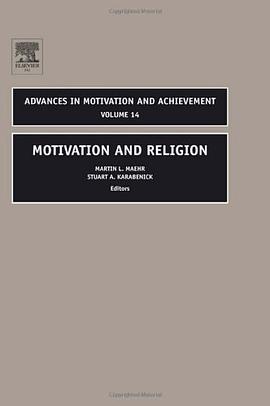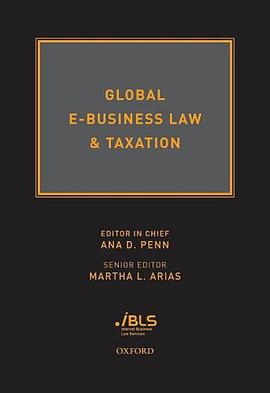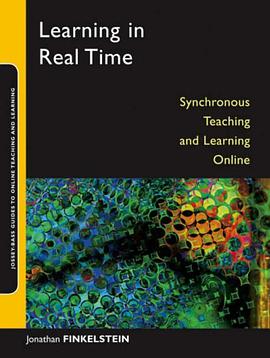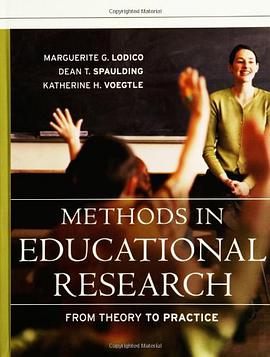

Considerable evidence indicates that religion is a motivational force in the lives of most of the world's population, and recent social and political events have placed religion center stage. Motivation is considered an essential component of any adequate answer to the question, 'Why religion?'. That question concerned early psychologists, such as Freud and James, but was relatively neglected with the ascendancy of behaviorism. It has since regained momentum as an important area of research and scholarship. In spite of the fact that motivational principles are implicit in many analytical treatments of religion, and that some articles and book chapters discuss motivation and religion, this literature is widely dispersed and confined primarily to Judeo-Christian world views. This volume of the "Advances" series presents a systematic approach to the topic, as viewed through the lens of such contemporary theories of motivation as expectancy-value, self-determination, and achievement goal theory. An international group of scholars offers a comprehensive view of how such theories help to understand religiosity and its impact on human experiences and behavior. In addition, authors consider the implications of religious experiences and behavior for motivation theory. Separately, these contributions provide unique perspectives. Collectively, they represent the prominent theoretical approaches to motivation, include the world's dominant religions, and address a wide variety of significant issues related to this very significant subject.
具体描述
读后感
评分
评分
评分
评分
用户评价
相关图书
本站所有内容均为互联网搜索引擎提供的公开搜索信息,本站不存储任何数据与内容,任何内容与数据均与本站无关,如有需要请联系相关搜索引擎包括但不限于百度,google,bing,sogou 等
© 2025 book.wenda123.org All Rights Reserved. 图书目录大全 版权所有




















